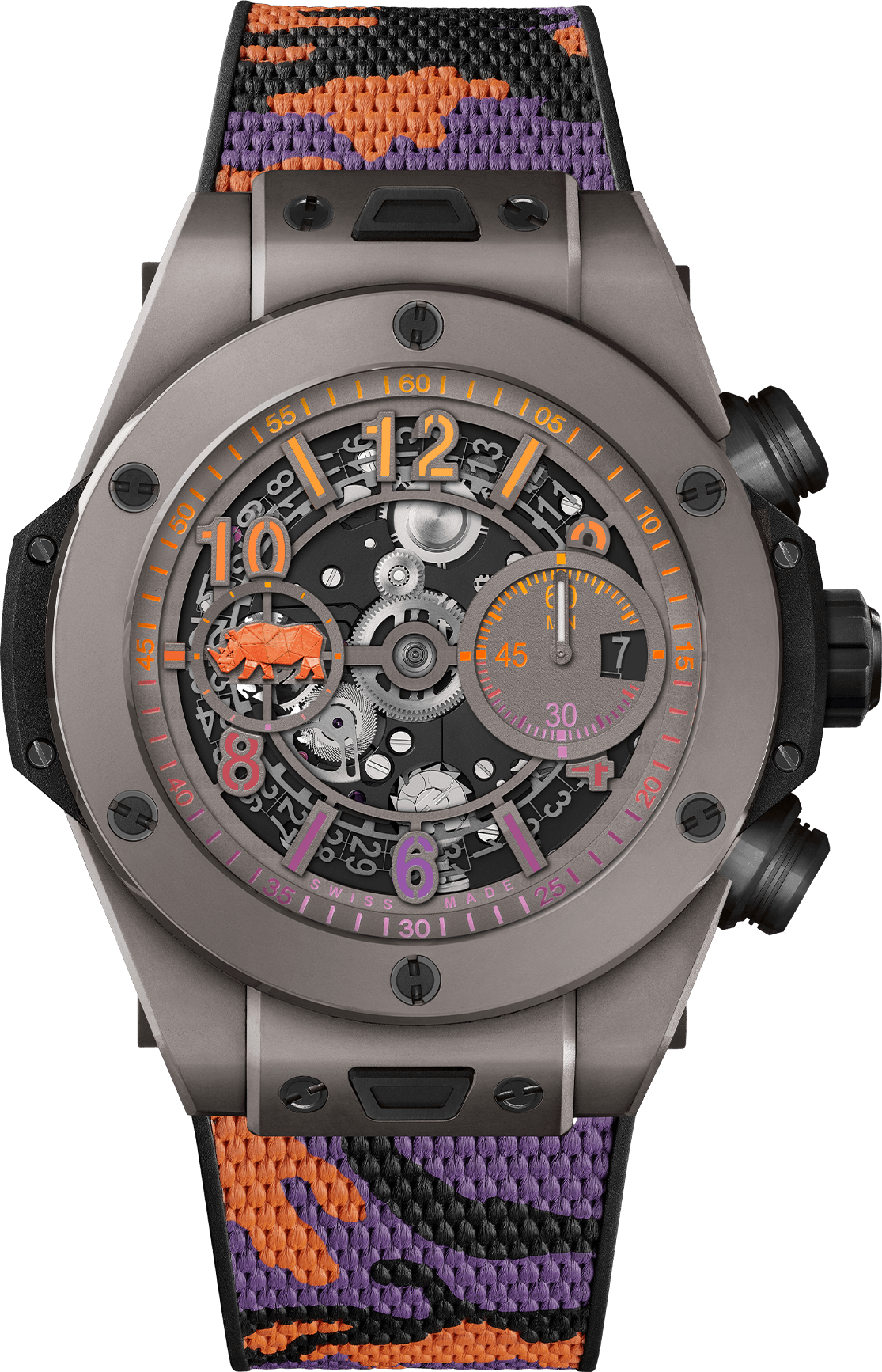The SORAI Foundation Partners with The Boucher Legacy to Safeguard Rhinos and African Wild Dogs in Kruger
When South African cricket legend Mark Boucher hung up his gloves in 2012, he launched The Boucher Legacy, a conservation initiative born from personal passion and a deep urgency to protect South Africa’s most threatened species, starting with the rhino.
From day one, the focus was forensic. The Legacy’s pioneering program, RhoDIS, revolutionised the way rhino crime was investigated—using DNA evidence to link seized horns and poaching tools directly to crime scenes. This critical tool helped secure convictions, disrupt syndicates, and protect rhino populations by giving law enforcement hard scientific proof.
But it didn’t stop there. The program expanded into a full-scale genetic inventory of both live rhinos and horn stockpiles across South Africa and Namibia. The data collected now plays a vital role in managing the long-term genetic health of rhino populations—an essential step as drought, disease and poaching continue to take their toll. In an era where every surviving rhino counts, knowing their lineage, location and reproductive potential is a lifeline.
More recently, while maintaining its core rhino protection work, The Boucher Legacy has turned its expertise toward other endangered mammals—including the African wild dog, and pangolin.
And this is where The SORAI Foundation stepped in.
Together with the Endangered Wildlife Trust (EWT) and SANParks, SORAI is proud to support The Boucher Legacy’s ambitious effort to collar and monitor every African wild dog pack in the greater Kruger National Park.

Why wild dogs?
With fewer than 6,000 left in the wild, they’re among Africa’s most endangered predators. They are intelligent, social and critically important to the ecosystem—but incredibly vulnerable. Packs that stray beyond park boundaries often come into conflict with farmers, sometimes with deadly consequences. Snaring is also a widespread threat, leaving many animals injured or dead.
By fitting wild dogs with GPS collars, rangers and conservationists can track their movements in real-time, guide them away from danger zones, and intervene quickly if a pack is in trouble.
The program has:
- Collared 31 packs across the greater Kruger area
- Saved 31 wild dogs from snares
- Monitored for rabies and distemper, preventing potential outbreaks
- Tracked breakaway groups to ensure full coverage and safety
This is more than data—it’s defence. It’s ensuring that wild dogs stay wild, safe and thriving inside protected areas.

Together, SORAI and The Boucher Legacy are proving that conservation is both a science and a calling—combining technology, teamwork and tenacity to protect the most at-risk species on the continent.
From Rhino DNA to wild dog GPS, we are connecting the dots in a powerful, strategic fight for Africa’s wildlife.

